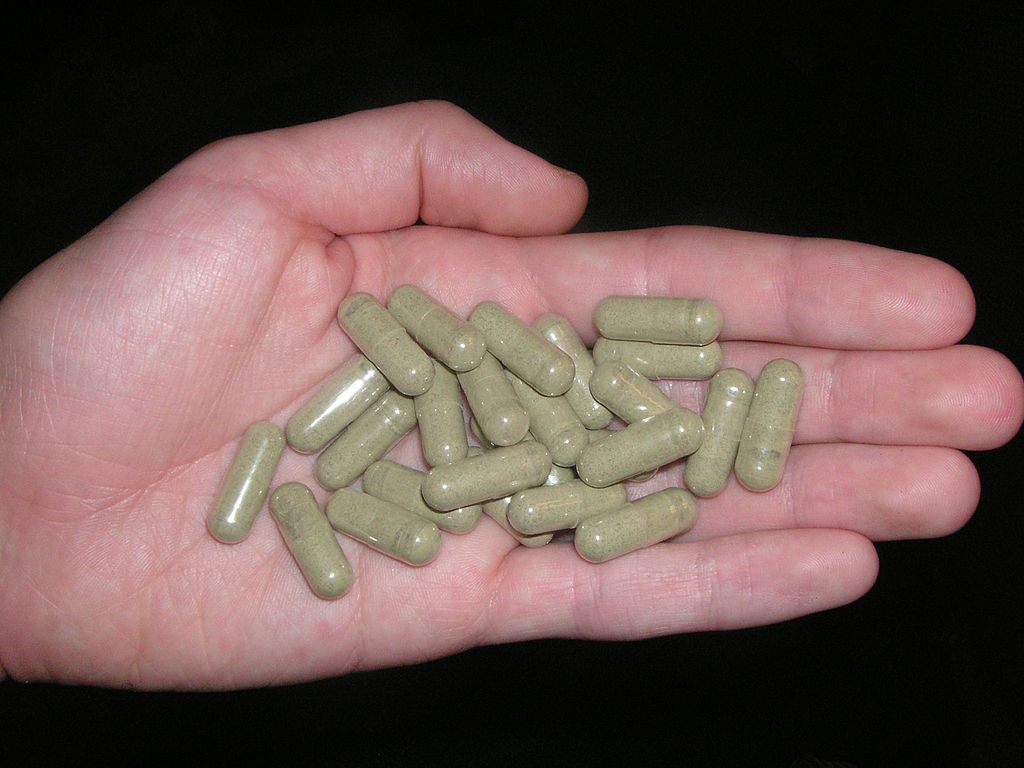Kratom is a lesser-known non-medicinal herb that doesn’t get nearly as much attention as CBD. Why?
No one really knows. But one thing is certain, there are as many myths surrounding kratom as there are around CBD and THC.
Similar to CBD, some reported benefits of kratom include pain relief, reduced inflammation, treatment for anxiety and depression, and even a means to ween certain people off opiates.
But what exactly is kratom and what do you need to know about its use? Keep reading to find out!
What is Kratom?
Similar to CBD and THC, kratom is derived from a plant. Originated from Southeast Asia, this herbal supplement (also known as Mitragyna speciosa) comes from a unique type of evergreen tree.
Unlike CBD, which has no psychoactive components, kratom does have some of these side effects in addition to its reported benefits.
Taken in high doses, some people report experiencing a high similar to that felt with opiate use. This is one reason it’s sometimes used as an alternative for addicts.
Kratom is categorized as a stimulant, offering both healing properties and a boost in mood and energy.
How is it Used?
The most popular ways to ingest kratom include smoking it and brewing it into tea. Because it’s an herb derived from nature, it’s fairly easy to crush and use in various forms.
Kratom capsules are another popular choice, depending on your preference. The Kratom Connection offers a variety of products to best suit your needs.

The Benefits of Kratom
Kratom is used to relieve a wide range of ailments including but not limited to:
- Weight loss (suppressed appetite)
- Pain and inflammation
- Anxiety and depression
- Opiate addiction
- Cough and congestion
- Gastrointestinal issues
You might notice that CBD is used to treat many of these same ailments, making these two herbs closely related in many ways.
Kratom Myths
Despite its many benefits and ease of use, kratom still gets a bad wrap. Like any herbal supplement that isn’t yet FDA approved, heavy focus is often placed on the potential side effects.
Here are a few of the most popular myths surrounding kratom and information that refutes them.
1. Kratom is Addicting
Because kratom is sometimes used to treat opiate addiction and does have psychoactive effects, it is deemed “addictive”. This isn’t completely accurate. While everyone’s tolerance level is different, most people don’t become addicted to kratom or its effects.
As with any herb or supplement, your body may need slightly more kratom to achieve the same desired results over time. This is why the dosage is so important. Start slow and work your way up, depending on your sex, weight, age, and medical condition.
2. Kratom Causes Intense Withdrawal Symptoms
Similar to some prescribed medications, long-term use of kratom may require you to ween off of it in smaller doses. This isn’t uncommon or a reason not to take advantage of its benefits.

While you may experience mild withdrawal symptoms including watery eyes, a runny nose, or a change in mood, these are shortlived. In many cases, people don’t even notice them.
Withdrawal symptoms are more common in individuals who use kratom regularly.
3. Kratom is a Synthetic Drug
With a little research, it’s not hard to discover that kratom is a natural herb derived from nature. Kratom leaves are handpicked, dried, and then cured before being ground into powder for use. This is a natural process and doesn’t involve chemicals of any kind.
Unfortunately, that doesn’t stop people from claiming that kratom is actually a synthetic drug even with no evidence to back this claim.
If you prefer alternative forms of medicine that don’t involve prescription drugs, kratom is a viable option. Known mostly for helping fight opiate addictions, this supplement is also praised for its ability to boost your mood and energy levels and treat pain.
As with any new supplement, it’s best to do plenty of your own research and even consult a doctor before ingesting it.
- Why CBD Gifts Could Be the Perfect Present For Your Loved Ones - July 15, 2020
- Common Kratom Myths Debunked - July 14, 2020
- The Pros and Cons of Different CBD Extraction Methods - May 8, 2020


